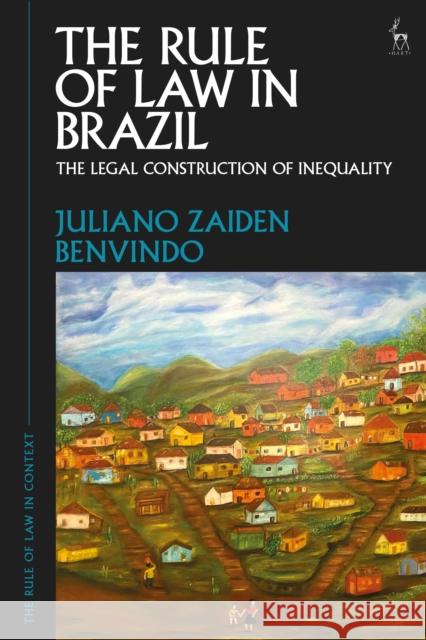The Rule of Law in Brazil: The Legal Construction of Inequality » książka
topmenu
The Rule of Law in Brazil: The Legal Construction of Inequality
ISBN-13: 9781509934959 / Angielski / Twarda / 2022 / 304 str.
The Rule of Law in Brazil: The Legal Construction of Inequality
ISBN-13: 9781509934959 / Angielski / Twarda / 2022 / 304 str.
cena 434,51
(netto: 413,82 VAT: 5%)
Najniższa cena z 30 dni: 434,51
(netto: 413,82 VAT: 5%)
Najniższa cena z 30 dni: 434,51
Termin realizacji zamówienia:
ok. 30 dni roboczych
Dostawa w 2026 r.
ok. 30 dni roboczych
Dostawa w 2026 r.
Darmowa dostawa!
Kategorie:
Kategorie BISAC:
Wydawca:
BLOOMSBURY ACADEMIC
Język:
Angielski
ISBN-13:
9781509934959
Rok wydania:
2022
Ilość stron:
304
Oprawa:
Twarda
Wolumenów:
01
Dodatkowe informacje:
Bibliografia
Obwoluta
Obwoluta











